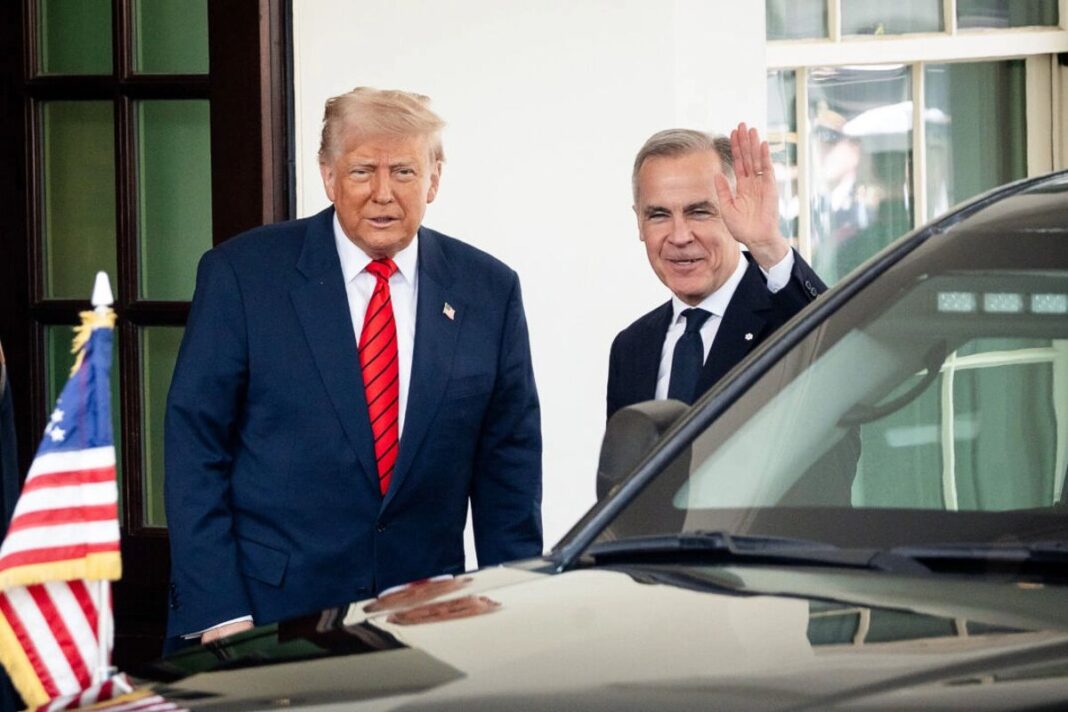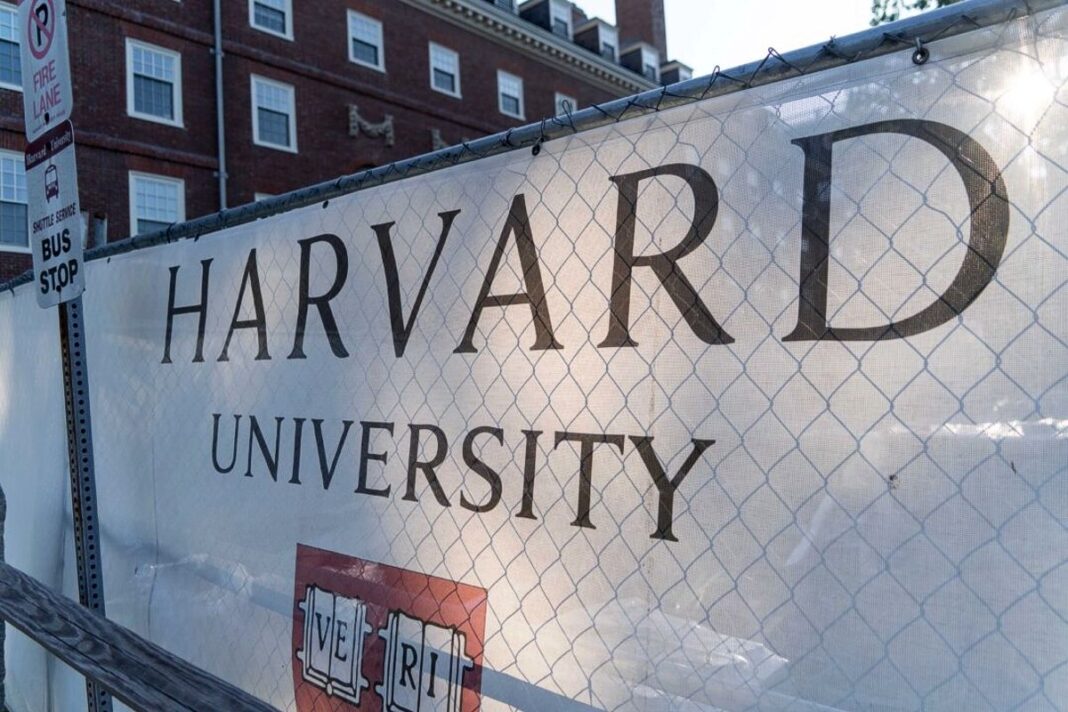Failure to reach deal by Aug. 1 could trigger 35 percent tariffs on Canadian goods.
U.S. President Donald Trump said on July 31 it would be “very hard” to reach a trade agreement with Canada after Prime Minister Mark Carney announced plans to recognize a Palestinian state.
Trump’s remarks come one day ahead of the Aug. 1 deadline for a new tariff agreement between the two nations. Canada is the second-largest U.S. trading partner, buying $349.4 billion of U.S. goods in 2024 and exporting $412.7 billion to the United States.
If no deal is reached, the U.S. is set to impose a 35 percent tariff on all Canadian goods not covered by the United States–Mexico–Canada Agreement (USMCA).
“Wow! Canada has just announced that it is backing statehood for Palestine. That will make it very hard for us to make a Trade Deal with them,” Trump stated in a Truth Social post.
On July 28, Canadian Prime Minister Mark Carney said trade negotiations with the United States were in an intense phase and suggested that a deal may be possible.
Carney has previously acknowledged that it was unlikely Canada would avoid tariffs altogether, indicating that while a tariff-free agreement was improbable, the size and scope of the tariffs were still under discussion.
“We haven’t really had a lot of luck with Canada. I think Canada could be one where they’ll just pay tariffs, it’s not really a negotiation,” Trump told reporters at the White House on July 25.
The looming 35 percent tariff on Canadian goods entering the United States would be an increase from the current 25 percent level for non‑USMCA-compliant imports, which was imposed on Canada over President Donald Trump’s border security concerns related to fentanyl and illegal immigration.
In response, Ottawa has introduced a number of measures, including allocating $1.3 billion for border security and appointing a “fentanyl czar.”
Washington has signaled that it expects more steps to be taken.
Trump said that if Canada responded with counter-tariffs, it could lead to further tariff increases by the United States. Canada has not announced any countermeasures. Carney said the government has consistently defended workers and businesses and will continue to do so ahead of the Aug. 1 deadline.








